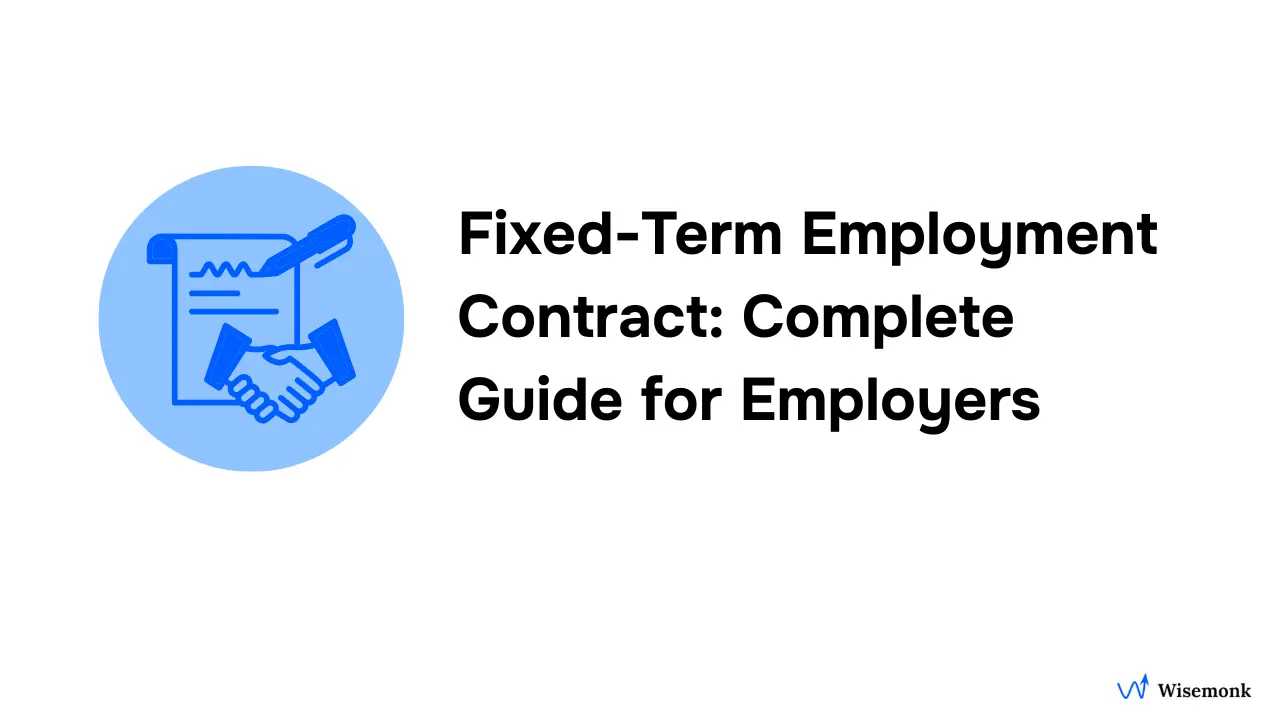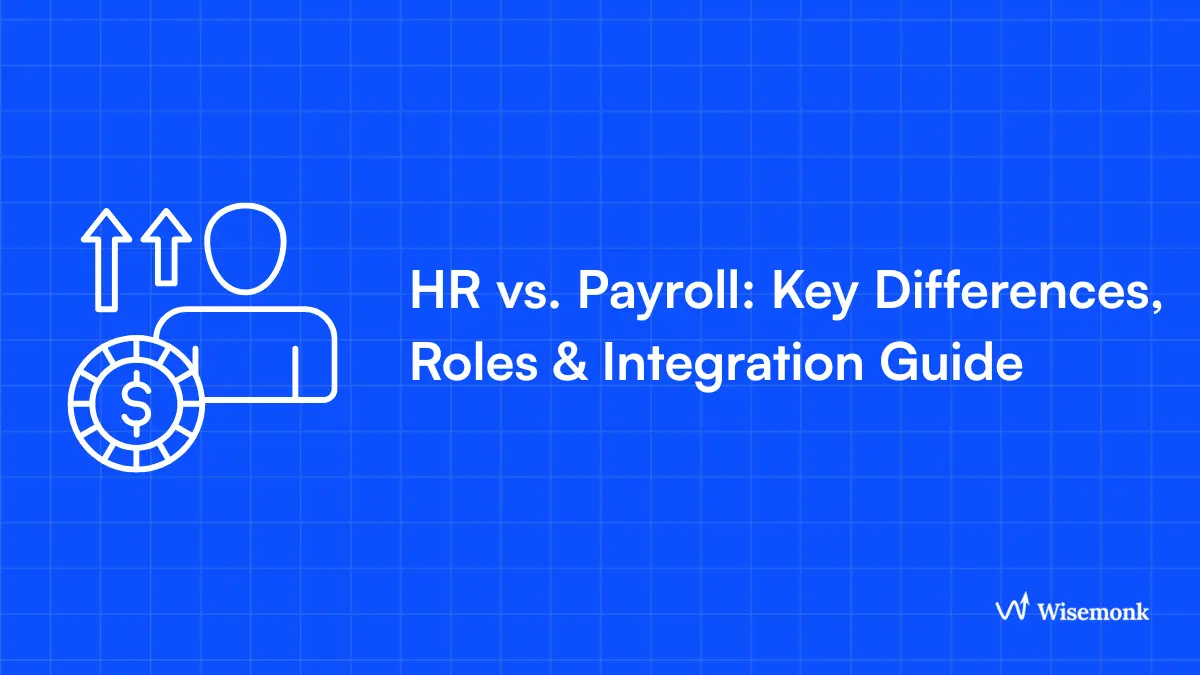- Contractors oversee the entire project, managing scope, resources, and timelines, while subcontractors, hired by contractors, focus on specialized tasks like plumbing, electrical work, or design.
- Payment for contractors is typically a lump sum or milestone-based, while subcontractors are paid for specific tasks. Both are independent professionals and are responsible for securing their own insurance and benefits.
- The job outlook for contractors and subcontractors varies by industry, with specialized trades like electricians seeing significant growth.
Are you struggling to decide whether to hire a contractor or a subcontractor for your project? Understanding the key differences between these two roles can help you make an informed decision that suits your business needs. In industries like construction, where the U.S. market was valued at $1.8 trillion in 2022 and is set for steady growth, knowing when to engage a contractor vs. subcontractor is crucial for maintaining project efficiency and compliance.
Contractors and subcontractors each bring distinct advantages, yet their roles and responsibilities differ in terms of scope, liability, and expertise.
So, what should you know about "subcontractor vs contractor" before making that decision? Let’s explore the core distinctions to guide you through the process and help streamline your project management strategy.
In this blog, we’ll break down the differences and help you choose the right fit for your team.
What is a Contractor?
A contractor is an individual or business hired for a specific project under a contractual agreement. They work temporarily, focusing on particular tasks within a set timeframe. Contractors oversee job sites and manage projects, particularly in industries such as construction.
They coordinate resources, timelines, and subcontractors to ensure project completion. Unlike full-time employees, contractors operate independently, bringing specialized expertise while incurring fewer legal obligations.
Work of a Contractor
Contractors manage the entire scope of a project, including planning, execution, and resource coordination. They hire subcontractors, monitor progress, and ensure the project is completed on time and within budget.
What is a Subcontractor?
A subcontractor is an individual or company hired by a contractor to perform specific tasks within a larger project. Unlike contractors, subcontractors specialize in specific areas, such as plumbing, electrical work, or design, and work under the direction of the contractor.
They don’t seek clients independently but instead collaborate with contractors to complete a project.
Work of a Subcontractor
A subcontractor handles the specialized labor required to complete a project, often in areas where specific expertise is needed. They focus on their designated tasks, ensuring quality and timely completion.
Subcontractors may specialize in:
- Electrical work (e.g., installing light fixtures)
- Carpentry (e.g., replacing floors)
- Painting
- Tiling
- Plumbing
- Appliance installation
- Lawn care
Subcontractors work under the direction of the contractor, focusing solely on their designated tasks to ensure projects are completed efficiently and with specialized attention to detail.
Responsibilities
When managing a project, it’s essential to know the roles of a contractor and a subcontractor. Each brings unique expertise and responsibilities, making them necessary for successful project completion.
Responsibilities of a Contractor

Contractors take on the responsibility of overseeing an entire project, ensuring it is completed efficiently, on time, and within budget. They are responsible for finding clients and hiring reliable subcontractors to handle specialized tasks. Contractors negotiate contracts with clients, manage the project from start to finish, and ensure that all aspects of the job are executed according to plan.
Common responsibilities of a contractor include:
- Negotiating contracts with clients
- Providing the necessary materials and labor for the project
- Hiring and managing subcontractors for specialized tasks
- Monitoring the day-to-day operations of the job site
- Overseeing the project’s schedule, payments, and cash flow
Responsibilities of a Subcontractor
Subcontractors are hired to complete specific tasks within a larger project, following the contractor's directives. Their role is focused on executing their assigned work within deadlines and maintaining communication with the contractor. Subcontractors typically specialize in particular areas, such as electrical work, plumbing, or design, and must adhere to project specifications.

Common responsibilities of a subcontractor include:
- Complying with the terms of the subcontractor agreement
- Communicating regularly with the general contractor and client
- Adapting to policy and procedural changes as necessary
- Completing labor and tasks within the agreed-upon timeframe
- Staying within the allocated budget
Understanding these roles ensures a smoother workflow and clearer expectations, ultimately contributing to the project's overall success.
Hiring Process

The hiring process for contractors and subcontractors varies based on their roles and the stage at which they join a project. Here’s how the process typically works for each:
Contractor Hiring Process:
- The project owner or client hires a prime contractor to oversee the entire project. This contractor manages the scope, timeline, and resources needed to complete the project.
- Contractors are responsible for negotiating contracts, setting project goals, and ensuring everything runs smoothly from start to finish.
- Once hired, contractors coordinate with various parties involved, including subcontractors, suppliers, and other stakeholders, ensuring everything stays on track.
Subcontractor Hiring Process:
- The prime contractor hires subcontractors to handle specific tasks within the larger project.
- The prime contractor researches and selects subcontractors based on their expertise and the project's specific needs. They then negotiate rates, terms, and contracts with the subcontractors.
- Subcontractors typically join the project after the contractor has been hired, bringing specialized skills to complete their portion of the work.
By following these processes, both contractors and subcontractors are seamlessly aligned with the project’s objectives, ensuring smooth execution and timely completion.
Seniority
In any project, the roles of contractors and subcontractors are distinct, and so is their level of seniority. While both operate independently, their responsibilities and reporting structures differ. Understanding these differences helps ensure smooth collaboration and a clear understanding of each party's role.
Contractor Seniority
Contractors oversee the entire project, managing the scope, timeline, and resources to ensure its successful completion. However, they do not have a direct supervisory relationship with subcontractors. Contractors are independent professionals responsible for ensuring the overall success of the project, but they do not micromanage subcontractors’ work.
Subcontractor Seniority
Subcontractors are hired to perform specific tasks and operate with independence. The contractor does not directly supervise them and works autonomously to complete their designated portion of the project. Their role is defined by their contract, focusing on delivering specialized skills rather than managing other team members.
Payment Structure
The payment structure for contractors and subcontractors can differ based on the scope of their roles and the terms of their contracts. While both are paid for their services, the payment schedules and agreements vary to reflect their level of responsibility and the specific nature of their work.
Contractor Payment Structure
Contractors typically receive a lump sum payment or milestone-based payments for overseeing the entire project. They negotiate their rates with the project owner and are responsible for managing the budget, paying subcontractors, and ensuring that the project stays within financial limits. Contractors may also include additional clauses for performance bonuses or penalties, depending on the project's delivery.
Subcontractor Payment Structure
Subcontractors are usually paid based on the work they complete, with payments tied to specific tasks or milestones. They negotiate their rates with the contractor, who in turn handles payments on behalf of the project owner. Payment terms are often outlined in the subcontract agreement and are contingent upon the successful completion of their specialized tasks within the agreed timeline.
Insurance and Other Personal Benefits
Both prime contractors and subcontractors, as independent professionals, do not typically receive traditional employee benefits, such as healthcare or insurance, from the project owner. Instead, they are responsible for securing their own coverage and meeting any regulatory requirements. Contractors working on government projects may face additional requirements, but they must still manage their own personal benefits and insurance needs.
Opportunities
The job outlook for both prime contractors and subcontractors is largely influenced by the industry in which they operate. Industry-specific trends often offer more valuable insights than general predictions for contractors. For example, in the construction sector, the U.S. Bureau of Labor Statistics forecasts strong growth for specialized trades like electricians and solar photovoltaic installers. However, areas like carpentry and roofing may experience slower growth or remain stable.
Conclusion
In conclusion, understanding the differences between contractors and subcontractors is key to managing a successful project. Each role brings its own set of responsibilities, payment structures, and opportunities. By clearly defining these roles, you can streamline your operations and ensure the project runs efficiently. With the right understanding of how each contributes, you’re set for better collaboration and execution.
Have you faced challenges when hiring talent outside the U.S.? International hiring can be complex due to legal, regulatory, and logistical challenges. Wisemonk’s Employer of Record (EOR) service simplifies this process, offering a comprehensive solution for managing remote teams globally.
Wisemonk offers a fully integrated solution that takes care of compliance, payroll, and employee management, helping you scale your workforce with ease. Check our pricing and contact us today to explore how we can help you build a globally compliant team.
Frequently asked questions
What is the role of a subcontractor?
A subcontractor is hired by a contractor to perform specific tasks or specialized work within a larger project, focusing on their area of expertise.
What are the 3 types of subcontractors?
The three common types of subcontractors are trade subcontractors (e.g., electricians), labor subcontractors (e.g., carpenters), and professional subcontractors (e.g., consultants or designers).
What is the difference between a contractor and a subcontractor?
A contractor manages the entire project, while a subcontractor focuses on specific tasks within the project. Contractors oversee the scope, while subcontractors execute specialized work.
How are subcontractors paid?
Subcontractors are paid based on the completion of specific tasks or milestones within the project. Payment terms are negotiated in their subcontract agreement with the contractor.
Can subcontractors hire other subcontractors?
Yes, subcontractors can hire additional subcontractors if their contract allows, especially for specialized tasks outside their expertise. However, this depends on the original agreement with the contractor.
Do subcontractors need insurance?
Yes, subcontractors are responsible for obtaining their own insurance, including liability and workers’ compensation coverage, as they operate independently and are not covered by the contractor’s insurance.
What are the pros and cons of being a subcontractor?
Pros include flexibility, higher earning potential, and project variety. Cons include lack of job security, no employee benefits, and greater tax/administrative responsibilities.


.webp)
.webp)

.webp)

.webp)



.webp)
.webp)















.webp)
.webp)
.webp)





.webp)

.webp)





.webp)





.webp)

%20in%20India.webp)











.webp)
.webp)




%20(3).webp)

.webp)




.webp)
.webp)
.webp)

.webp)


.webp)


.webp)

.webp)

.webp)
.webp)


.webp)


.webp)

.webp)